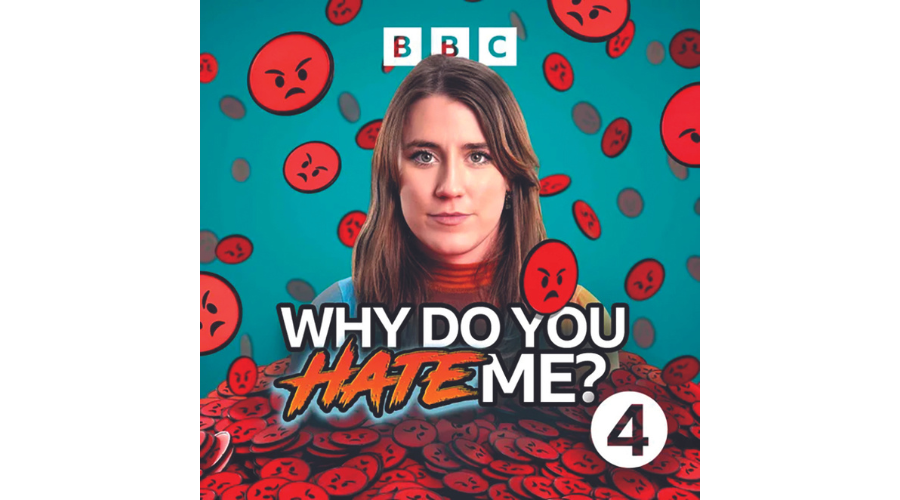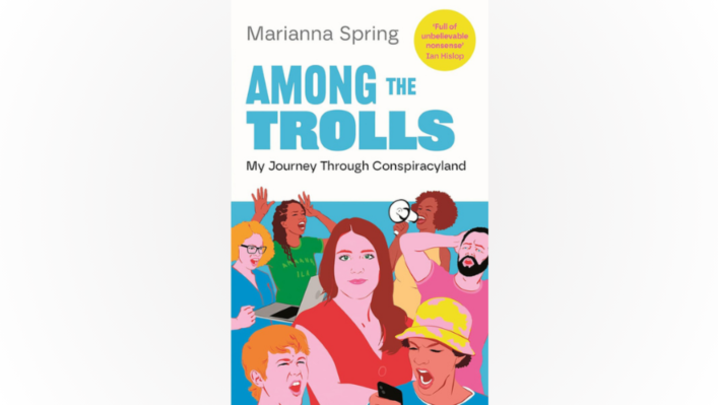“It’s really normal to hate me,” Marianna Spring told The Times last year in what must be one of the most depressing conclusions to a profile ever written.
She wasn’t exaggerating. The same profile noted that, of the 14,488 messages marked for review by the BBC’s online abuse monitoring system (between 1 January and late June in 2023), 11,771 were directed at the broadcaster’s Disinformation and Social Media Correspondent.
It’s a tragic irony of the job that, by investigating cases of online hate you inevitably become the victim of one. And yet Spring refuses to back down from this new virtual front line, ie, her inbox.
In Why Do You Hate Me?, published by BBC Sounds, she sets out to put a human face on some of the trolls and conspiracy theorists who infest her inbox.
It gets off to a relatively slow and quiet start. In episode 1, Spring meets Julia, a young Polish woman who, in 2023, set up an Instagram account with the handle @IamMadeleineMcCann.
Shy and softly spoken, she seems genuinely convinced that she could have been the victim of one of the world’s most notorious kidnapping cases.
Spring later consults a psychologist, who speculates that Julia’s traumatic childhood might have played a part, inducing a “dissociative amnesia” that forced her to fill in the consequent memory gaps as best she could.
But, unlike Spring, the internet doesn’t have time for empathy, so many of Julia’s more than 1 million followers subjected her to some horrific abuse.
It’s a shame that, after the intriguingly strange premise, the story lacks enough developments to warrant the 30-minute running time of an episode.
Perhaps Spring should have foreseen the McCanns’ understandable unwillingness to respond and thus provide what is a noticeably absent resolution. As she says, the last thing they need is more media scrutiny.
The second episode, I Believed Conspiracies About the Shooting I Survived, is certainly stronger for its followthrough. In 2017, Stuart, a Northern Irishman, witnessed first-hand a deadly mass shooting at a Jason Aldean concert in Las Vegas.
But the shooter’s lack of a clear motive led Stuart to find solace in the conspiracy theories posted online by the anonymous “Weg”, mostly to do with the shooting being staged by the government.
Anonymous, that is, until Spring manages to track down the man behind the account and host a poignant, peacemaking face-to-face. She’s arguably lucky to find an unusually rational conspiracy theorist here – Weg is eager to distinguish himself as a “conspiracy researcher” who works solely with factual evidence.
This does beg the question of where you draw the line, or – as Spring puts it to Weg, tongue audibly in cheek, “how to be an ethical conspiracy theorist”.
Given all the abuse she gets from “unethical” ones, you can only admire her patience for hearing him out.







